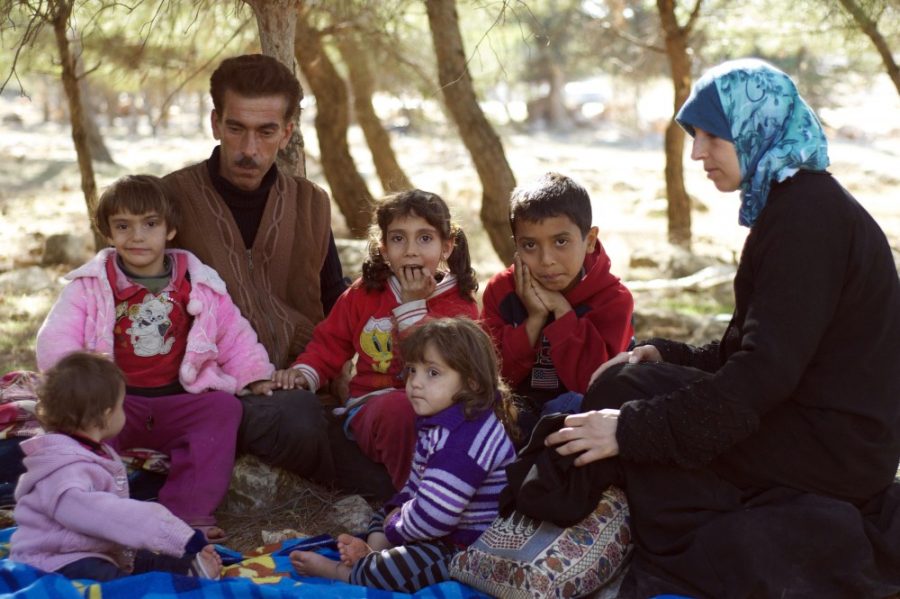MAARET AL NUMAN, Syria — The fight for the strategic city of Maaret al Numan on Syria’s main highway lays bare the challenges faced by the rebels who are fighting the government of Bashar Assad.
Hobbled by a lack of supplies and a confused chain of command, rebels here said Wednesday that they feared they might lose the city without reinforcements and ammunition.
“At first we were successful, but then some of the groups left,” a rebel fighter, who asked not to be identified for security reasons, said. “Some of the groups that were fighting left because they said it was too costly. Others just didn’t have enough ammunition.”
The fighting has indeed been costly. The government’s air force has targeted not just Maaret al Numan but also nearby cities that rebels used as staging grounds. Dozens, if not hundreds, of fighters and civilians have been killed, and the population of the city, about 150,000, has largely fled under the onslaught. Entire districts lie in rubble, and bodies remain underneath. Cleanup is possible only after dark, when the airstrikes stop.
“We worked all night but we couldn’t get her out. She is 4 years old,” one fighter said, pointing to the top of a child’s head poking out of the rubble of a building.
The rebel ran for cover a few minutes later as a jet flew low overhead and fired at a building a few streets away.
Fighter jets flew regular sorties over the city Wednesday morning and into the early afternoon as tanks and artillery on the eastern side of the highway lobbed shells.
Rebel fighters said the shelling was heavier than usual and that it coincided with an advance by government troops, who were attempting to cross back to the western side of the highway.
“If we could keep them from resupplying the base for even two days, they would give up,” the fighter said. “But they have been able to keep it supplied.”
Outside the city, residents sat on blankets and drank tea in what’s become a daily routine: They leave the city at dawn, when the fighting begins, and return after dark, when the airstrikes generally stop. They often simply spread blankets under the trees by the side of the road.
“We could stay in our houses when it was just shelling,” one woman said. “But with the airstrikes, no building is safe.”









